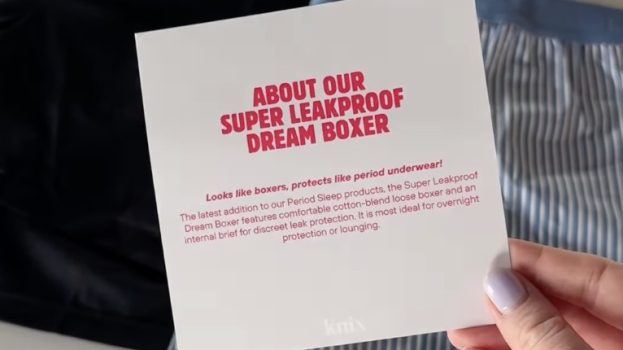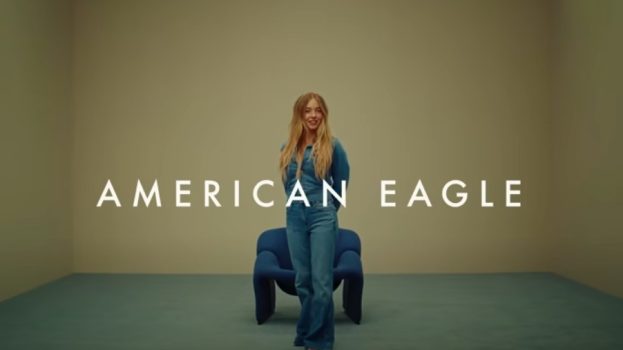J. Crew is the first major retailer to succumb to additional pressures brought on by the pandemic, but the latest financial report from Reitmans shows it may not be the last.
In its latest financial filings, released after market closing on Friday, total sales at Reitmans were down 5.8% year-over-year for the 2020 fiscal year, which ended on Feb. 1 and does not include impacts associated with store closures due to physical distancing. Comparable sales were down 1.3% and in-store traffic dropped 2.2%. For the fourth quarter alone, however, sales increased 1%, with comparable sales up 5% and overall transactions up 3.1%, attributed to strong growth in its online channel.
Despite strength in ecommerce, Reitmans said in release that the results “have not met the company’s expectations,” with sales in plus-size banners Pennington’s and Addition Elle singled out as particularly “disappointing,” as have the fact that strategic brand initiatives launched at the beginning of fiscal failed to resonate with customers. Over the last year, it has closed 18 underperforming stores, debuted bolder messaging for Addition Elle and Penningtons, debuted eight new concept stores for the Reitmans banner and re-integrated the Hyba fitness brand into its stores after trying it out as a standalone banner.
This has left Reitmans in a precarious position as it prepares to deal with the financial fallout of its stores being closed since mid-March. In its filing, the company declared that it “will need financing to meet its current and future financial obligations.” While it is “actively seeking additional financing” and “exploring various alternatives,” it cannot be certain that it will be obtained in the time period required. If it is unable to do so – as well as resume normal operations, which it is currently unable to give a date for – the company is concerned that it may not be able to continue.
Reitmans’ warning about its future is the latest sign that many retailers may struggle to re-open even once they are able to do so, especially those that were already struggling with dipping sales and pre-existing debt.
Announced today, mid-range fashion banner J. Crew has begun Chapter 11 bankruptcy filings in the U.S. but it expects to maintain day-to-day operations and return to profitability following bankruptcy. In addition, Madewell – a women’s denim brand that the company had slated to spin off with an IPO to help pay off some of its debt – will remain part of the company.
The company said it had roughly US$1.65 billion in debt, and has reached a deal with lenders to convert that into an 82% equity stake in the reorganized company when it emerges from bankruptcy. J. Crew was taken private in 2011 by private equity firms TPG Capital and Leonard Green & Partners following a leveraged buyout that increased the company’s debt load, similar to what led Toys “R” Us to seek bankruptcy protection in 2017.
J. Crew operates 181 J.Crew retail stores, 140 Madewell stores and 170 factory locations globally, including 13 stores in Canada, on top of its ecommerce operations.
On Friday, Gap – which also owns the Old Navy, Janie and Jack and Banana Republic banners – announced a licensing deal with IMG that would see its brands extended to products in the furniture, home décor, baby equipment and baby care categories. The deal is an effort to improve its performance: in its results for the fiscal year, released in March, the company reported a 3% comparable sales decline, hitting all of its banners, save for Athleta. It is also carrying $1.25 billion USD in long-term debt.
Since the pandemic has begun, Gap has furlouged “the majority” of its retail staff in the U.S. and Canada, as well as tapped its entire $500 million revolving credit facility. On Friday, it was also reported that the company had laid off 10% of its corporate workforce.
























